In the streaming age, series that run for years on end are becoming increasingly unusual. Because more ambitious shows have a greater turnover rate, the task of creating a “series finale” usually becomes an issue after only three or four seasons, as was the case with several of this year’s most-celebrated farewells.
Another departure from the past that owes a big debt to “Lost,” it has also become customary for shows to decide to end well in advance and build toward that, a factor that distinguishes the programs named from those that closed without the benefit of building a clear conclusion.
From fervent supporters and detractors of “The Sopranos” to those who were naturally disappointed by “Seinfeld” (can Larry David do better on “Curb Your Enthusiasm” next year? ), debating finales has become its own spectator sport. We’ll see) to the strange ending of “St. Elsewhere,” which remains a watershed moment in terms of taking enormous, unexpected swings. While it’s difficult to create a fantastic ending for a poor program, it’s all too easy to screw up a great one.
ALSO READ: Ananya Panday’s Performance In ‘Kho Gaye Hum Kahan’ Astounds Fans, Yet The Internet Remains Divided
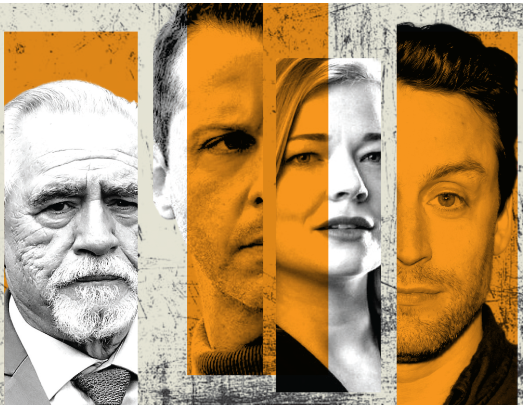
So, which series succeeded and which failed? In declining order of satisfaction, below are some of the shows that ended in 2023. Some spoilers follow (especially in the links to the full reviews), and a footnote: This list does not include Amazon’s “Tom Clancy’s Jack Ryan” or the FX crime dramas “Mayans M.C.” and “Snowfall,” which aired after four, five, and six years, respectively. Although I watched all three for a while, I didn’t pay close enough attention to determine how effectively they tied things up.
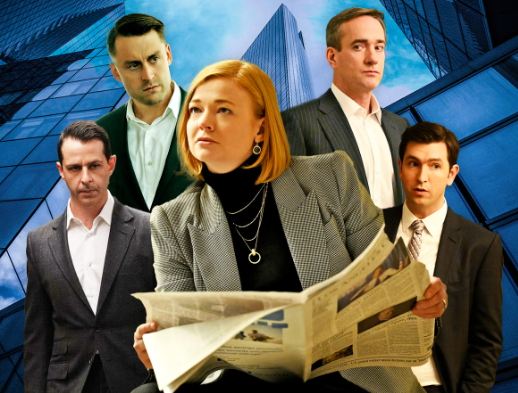
‘Succession’ (4 seasons, HBO): Not surprisingly, the year’s best program delivered the most impressive payoff, beginning with the brave decision to murder off Logan Roy (Brian Cox) early in the season before allowing the genuine succession war to play out. For Jeremy Strong’s reading of the words “I am the eldest boy!” alone, this episode is a candidate for the series finale Hall of Fame.
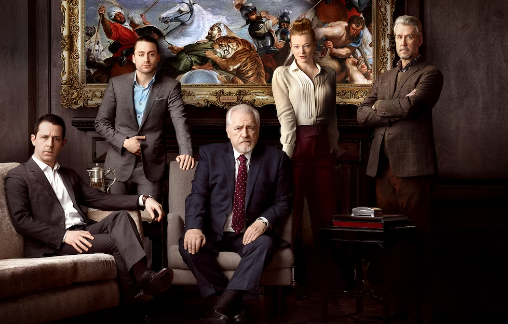
‘Billions’ (7 seasons, Showtime): After seven seasons and the daunting task of replacing star Damian Lewis, the show enticed him back for a final showdown with billionaire Michael Prince (Corey Stoll) in a coordinated effort to thwart his presidential ambitions, part of a twisty season that lived up to the best of what this series at the nexus of power, money, and politics had to offer in the first season.
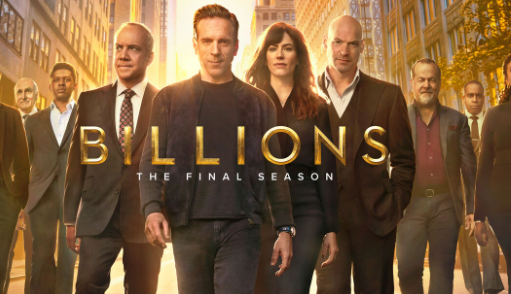
‘Barry’ (HBO, 4 seasons): This until-then terrifically dark comedy from co-creators Bill Hader and Alec Berg was hampered by an inconsistent final season, building toward a gruesome and seemingly inevitable finish for the hitman who really just wanted to be an actor. A good example of a show that finished on its own terms, if not at the level that one could have hoped.
ALSO READ: Dua Lipa Goes Unnoticed In Rajasthan Streets; Netizens React Hilariously, ‘Kisi Ko Pata Hi..’
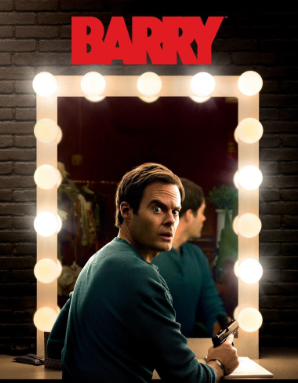
‘Ted Lasso’ (3 seasons, Apple TV+): Although the producers avoided labeling this as a “finale,” the final flight of episodes pleasantly and appropriately wrapped up the story of soccer coach Ted Lasso (Jason Sudeikis) and his adventures in the UK, while leaving intriguing life-goes-on threads to play with in the future.

‘Reservation Dogs’ (3 seasons, FX/Hulu): The sad series about adolescent Native-Americans in rural Oklahoma concluded on a low-key note that felt very much in line with the show’s general tone, but in such an understated way that it didn’t make much of an impact.
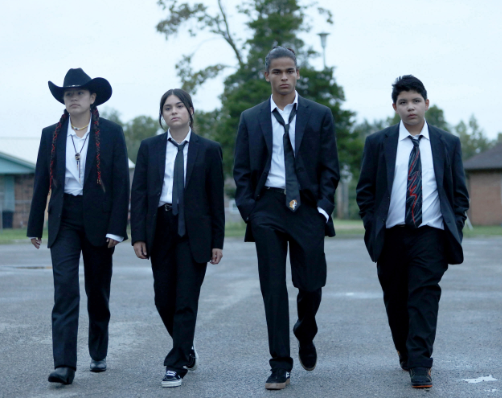
‘The Crown’ (6 seasons, Netflix): While the finale appropriately returned the story to Queen Elizabeth, the episode’s more sentimental touches – featuring all three characters who have played her over the six seasons and allowing them to interact – felt too precious and fanciful, similar to Diana’s ghostly interactions earlier in the season. A less-than-royal conclusion to an otherwise excellent series.
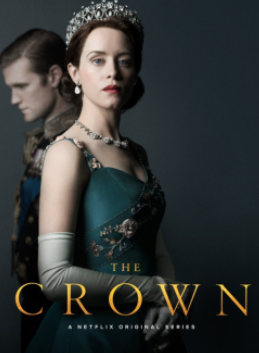
‘The Marvelous Mrs. Maisel’ (Amazon Prime Video, 5 seasons): Credit series creator Amy Sherman-Palladino for employing flash-forwards throughout the season to build toward the finale, which provided not only a successful capper for the show’s namesake (Rachel Brosnahan), but also set up her real-life mentor, Lenny Bruce (Luke Kirby), for a sobering fall. The plot ultimately came down to the fundamental relationship between Midge and her manager Susie (Alex Borstein), a nice if perhaps syrupy flourish to another of those shows that peaked early and didn’t quite seem like a headliner after that.
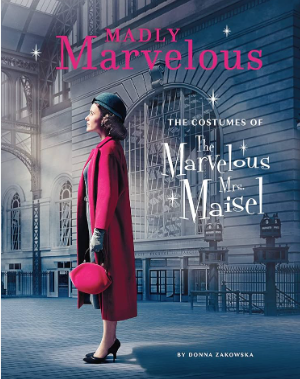
‘The Flash’ (9 seasons, CW): The finale of “The Flash” coincided with the end of the CW and its “ArrowVerse” as we know it, when the network’s profile moved under new ownership. Initially a genuinely strong series, “The Flash” suffered with too many wrinkles with several Earths and parallel worlds and characters hopping between them over the course of its run, though credit must be given to the producers for concocting what at least felt like a climax.
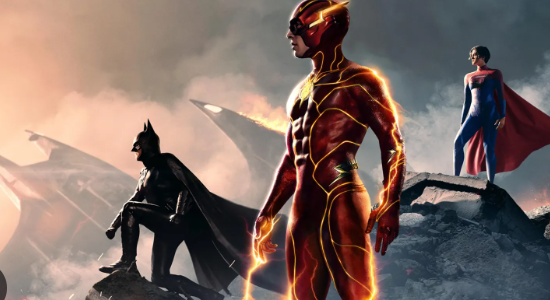
‘Star Trek: Picard’ (Paramount+, 3 seasons): This Paramount series’ entire third season felt like one extended exercise in fan service, reuniting the “Star Trek: The Next Generation” team for a (very) tearful sendoff. However, the plotline with Jean-Luc Picard (Patrick Stewart) and his previously unknown son (Ed Speleers) felt worn, and in terms of wrapping things up, it certainly felt like time, as the man himself might say, to do so.
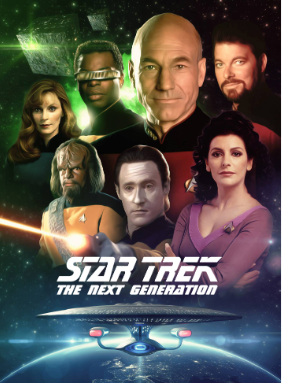
NBC’s ‘The Blacklist’ (ten seasons): “The Blacklist” was a perfect example of a show that lingered much too long and should have finished in 2021 when Megan Boone (a.k.a. Elizabeth Keen) left the series. The program was still watchable because to James Spader, but the drawn-out fate of character Raymond “Red” Reddington felt as anti-climactic as a finale can be in a series that checked off its own name a few years too late.
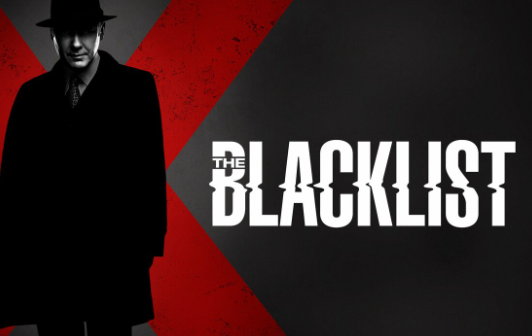
Click here, to get the latest post on HNN.
ALSO READ: Bryan Tanaka Confirms ‘Amicable Separation’ From Mariah Carey After Seven Years
Image Source: Google, Instagram




































